In a household where everyone is often running just a few minutes late for nearly everything, I was confronted with the unique challenge of hosting a German Music Exchange student in the midst of a summer filled with kid’s work and internship schedules, college classes, summer camps, getaways, driver’s ed and swim team. While I was initially excited at the prospect of the second of my children participating in a cross cultural exchange (last summer my son visited our student’s home in Rheinbach, Germany), I could feel my anxiety level rising as I reviewed the very full itinerary and rehearsal schedule planned for the German guests visitng Rhinebeck this summer.
To make matters worse, our truck died a slow, painful death just three days before his arrival leaving us with one car and seven very busy passengers. I complained, I groaned, I fretted and lost more than one night’s sleep. I comforted myself with the notion that my son would have a unique hosting opportunity and he would learn and be enriched as a result of this experience. I also acknowledged that I could forget the idea of getting much writing done for the two weeks our guest was in town. So I put on my chauffeur cap, grumbling all the while and waited for my son and children to be wowed by German music, language and culture.
They weren’t. Don’t get me wrong. They enjoyed our guest. Were even kind and gracious, but they were typical “not impressed” American teenagers. While I drilled our guest on questions about his family, food preferences, hobbies and the like, they twirled their pasta. While I laughed with our guest while trying to learn German and he tried out new American phrases (think “YOLO” and “square dancing” and “tacos”), they were peering at their text messages. By the time his stay came to an end, I had learned so much from him, the exchange, the shared love of music, that I can barely wait for the next.
With the help of friends, everyone got where they needed to be and a good time was had by all. But as I snapped the last photo, exchanged one last hug before he boarded the bus and wiped away more than one tear, I thought about all the things I learned from his visit.
He taught me the importance of being prompt. And in order to be prompt, you need to be prepared. Plan the night before what you’ll need, set your alarm, don’t complicate things by reinventing the wheel each morning (eggs or a bagel? protein shake or yogurt? Chinese flower or decaffinated green tea? ) “Toast and a little marmalade please,” each morning are all that’s needed to start a day and be on time.
He taught me to be a good guest. Make the bed. Keep your room neat. Bring a good book to read, compliment a home cooked meal by asking for seconds (and thirds!)
Never underestimate the value of a family dinner. I noticed during one meal as the dinner conversation took a turn into a heated debate, our guest sat, quietly observing. When I gestured that he was free to leave and not subject himself to a seemingly endless debate, he opted to stay put. “Do you have family dinners like this at home?” I asked. “Yes.” he smiled. “Only not so loud.” I would wager those family dinners taught him as much about American culture and family than any visit to Times Square/Empire State Building/Ellis Island and the Statue of Liberty combined.
Send a postcard. Even in the age of facebook, twitter and Instagram, there’s nothing like taking the time to write a note, stamp and address it and put it in a mailbox. Small gestures go a long way.
Speak the language. Or at least try. Or at least pretend to try.
And finally, when in doubt, Smile. It is the international symbol to relax people, ease tension and make others smile in return.
Complete with all the sarcasm they could muster, my children suggested that since I so enjoyed this experience, (all comparisons to our German guest are now strictly verboten), perhaps on the next exchange in four years, I should consider going as a chaperone. My kids may never learn to make it out of the house on time or make make a bed daily, but they do make excellent suggestions….
Lesa Cline-Ransome

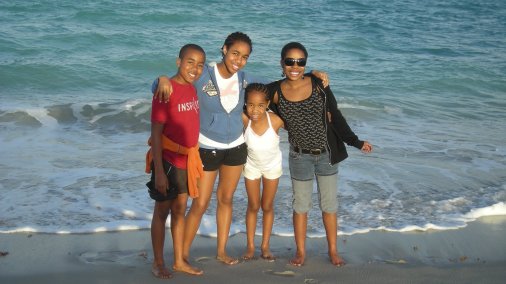
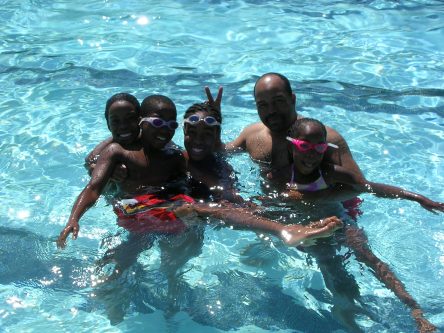
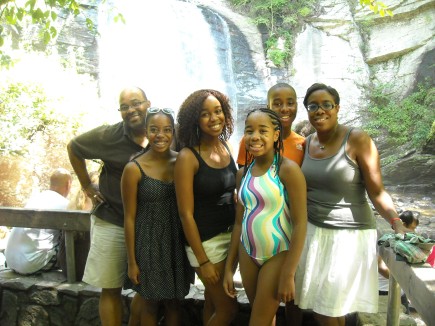
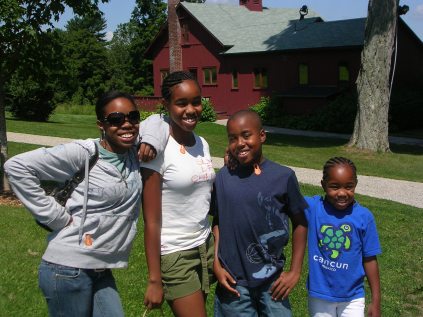

 numbers is that they make sense. Plug in this number here, and this number here and voila, the same answer, every single time. There is a certain satisfaction that comes in knowing that subjectivity will not alter an outcome. But I’ve always wondered if there is an equation for Happiness.
numbers is that they make sense. Plug in this number here, and this number here and voila, the same answer, every single time. There is a certain satisfaction that comes in knowing that subjectivity will not alter an outcome. But I’ve always wondered if there is an equation for Happiness. bing, fake smiles pasted to their faces, cheering on men, while men play and strategize and score points. The cheerleaders are the entertainment while the men are the main attraction. But just recently, my attitude toward cheerleading has begun to soften. I am still a feminist. I would still like to see more women compete in sports. But I also realize that though I never wear a crop top and my hair is too short to wear in ponytail, I too am a cheerleader. It may not be on AstroTurf, but much of my day is spent cheering on others, hoping and praying they score a touchdown. Let’s begin with the most obvious—my husband.
bing, fake smiles pasted to their faces, cheering on men, while men play and strategize and score points. The cheerleaders are the entertainment while the men are the main attraction. But just recently, my attitude toward cheerleading has begun to soften. I am still a feminist. I would still like to see more women compete in sports. But I also realize that though I never wear a crop top and my hair is too short to wear in ponytail, I too am a cheerleader. It may not be on AstroTurf, but much of my day is spent cheering on others, hoping and praying they score a touchdown. Let’s begin with the most obvious—my husband.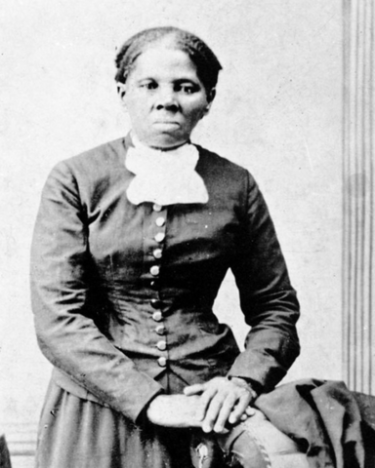
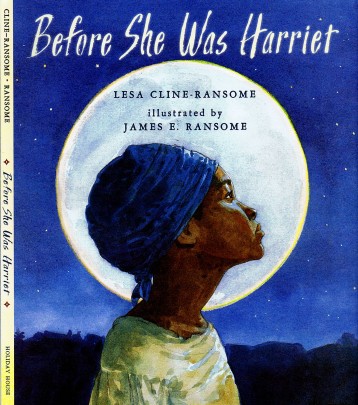
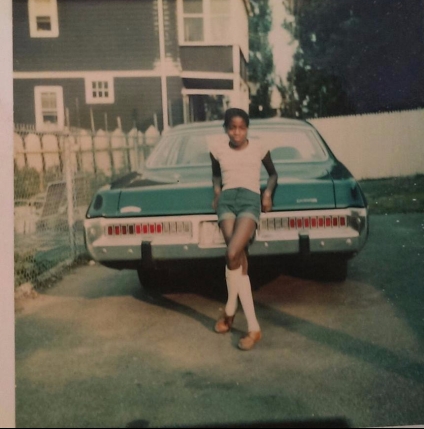

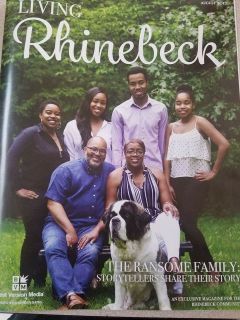

 I’ve always been afraid of the dark. For as long as I can remember, I slept with a night-light. As a teenager, after seeing the movie The Exorcist, I crawled into bed with my parents for one week. Many of my fears are of the garden variety sort–bugs, owls, getting lost, the dentist. But others have no basis in logic, like my fear of losing my finger to a circular saw, being abducted, falling off of a cliff at the Grand Canyon and choking on a butterscotch candy (an actual incident from my early childhood).
I’ve always been afraid of the dark. For as long as I can remember, I slept with a night-light. As a teenager, after seeing the movie The Exorcist, I crawled into bed with my parents for one week. Many of my fears are of the garden variety sort–bugs, owls, getting lost, the dentist. But others have no basis in logic, like my fear of losing my finger to a circular saw, being abducted, falling off of a cliff at the Grand Canyon and choking on a butterscotch candy (an actual incident from my early childhood).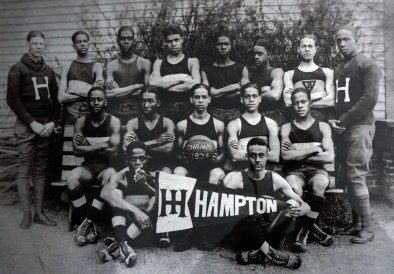
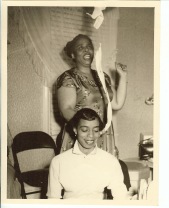
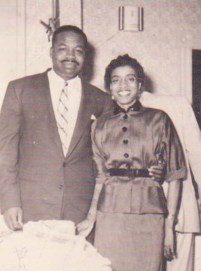
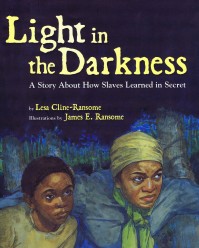 r-in-law James Williams’ passion for sports can be found on the pages of Satchel Paige, Major Taylor and Pele. My New England roots and the joy I found spending time with my father made their way onto the pages of Whale Trails: Before and Now, the story of a young girl and her father from Cape Cod aboard their whale watching tour boat. A household filled with my parent’s jazz trickled into Benny Goodman and Teddy Wilson and Just a Lucky So and So: The Story of Louis Armstrong.
r-in-law James Williams’ passion for sports can be found on the pages of Satchel Paige, Major Taylor and Pele. My New England roots and the joy I found spending time with my father made their way onto the pages of Whale Trails: Before and Now, the story of a young girl and her father from Cape Cod aboard their whale watching tour boat. A household filled with my parent’s jazz trickled into Benny Goodman and Teddy Wilson and Just a Lucky So and So: The Story of Louis Armstrong. 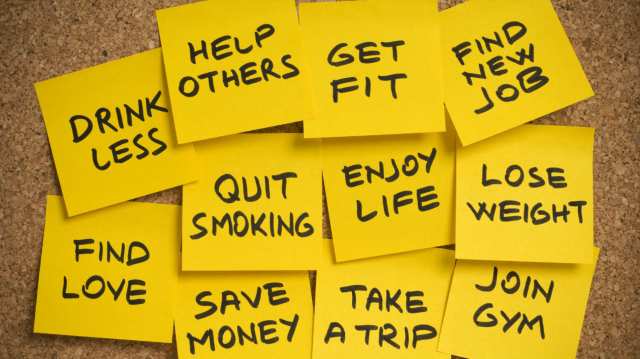 I’ve never been a fan of New Year’s resolutions. They’ve always felt to me like daily reminders of my lack of discipline and perseverance. So when my daughter asked on January 1st what my New Year’s resolution was, I gave a speech from atop my soap box. She nodded, listened patiently, and then responded,
I’ve never been a fan of New Year’s resolutions. They’ve always felt to me like daily reminders of my lack of discipline and perseverance. So when my daughter asked on January 1st what my New Year’s resolution was, I gave a speech from atop my soap box. She nodded, listened patiently, and then responded,